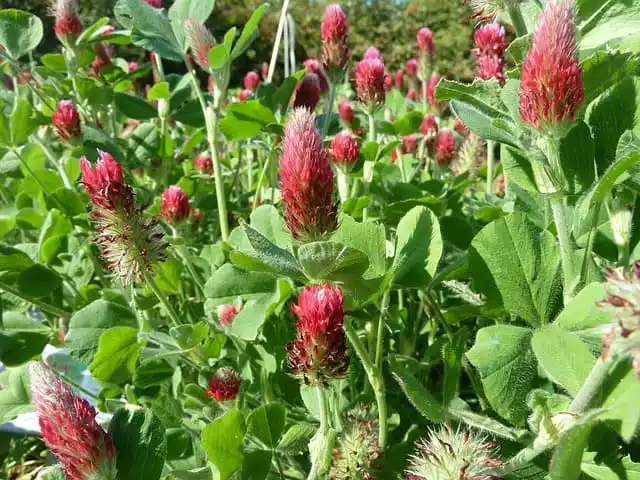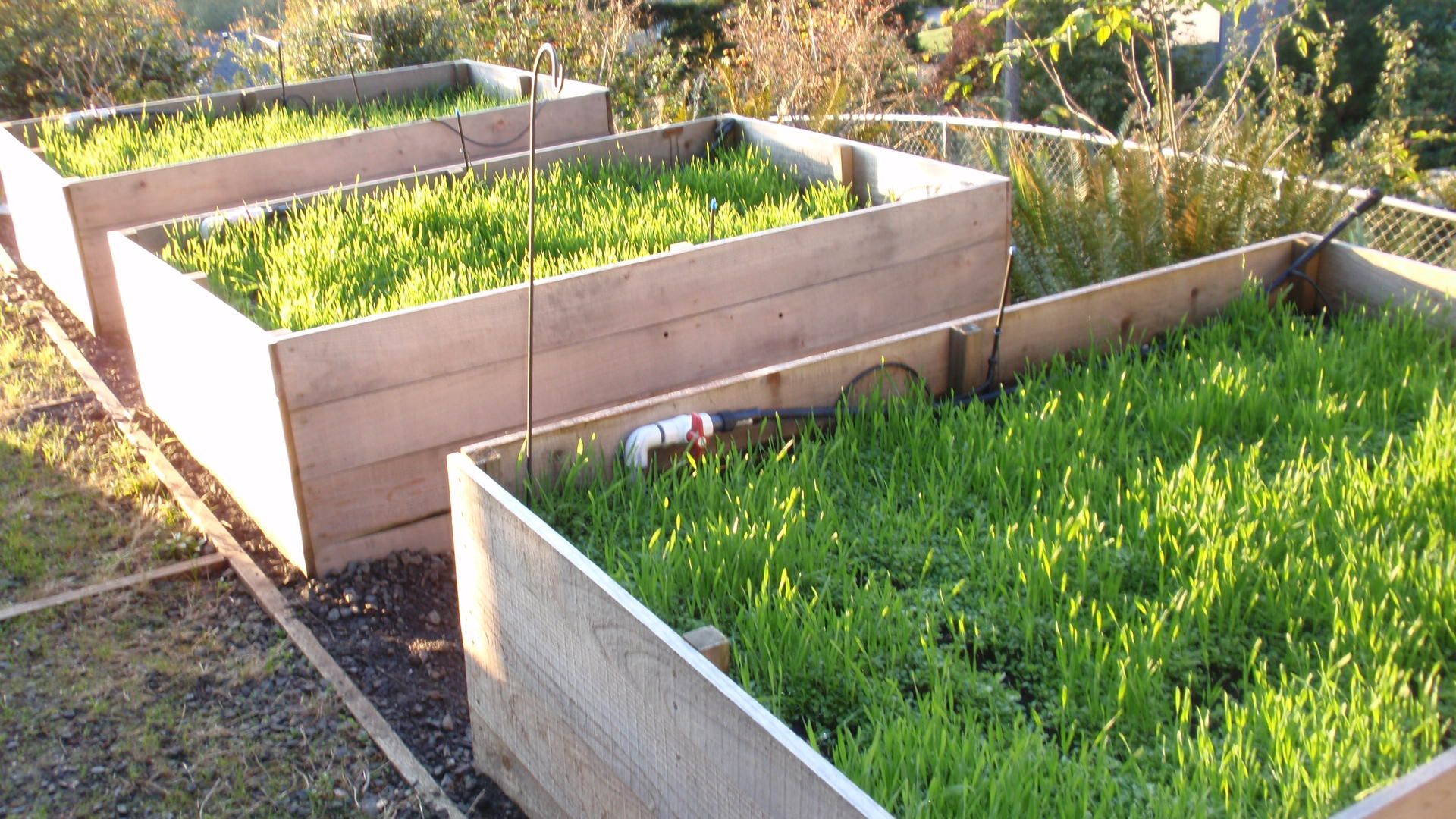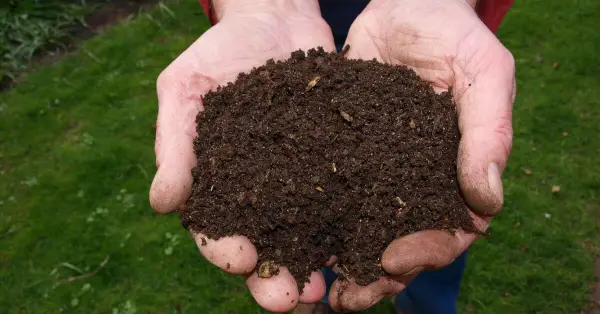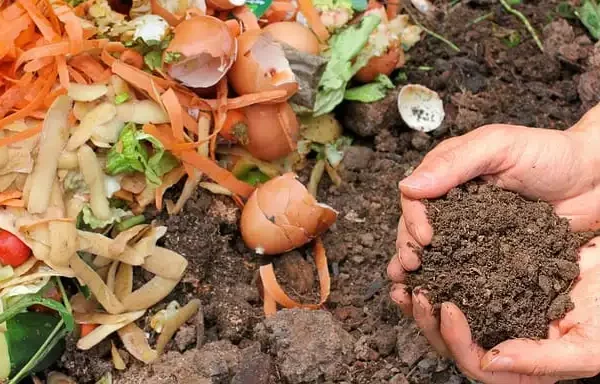Introduction to Green Manure
Green manure, also known as cover crops, involves growing plants that are later turned into the soil to enhance its quality. This practice not only adds organic matter but also enriches the soil with nutrients essential for plant growth.
Benefits of Green Manure
Enhanced Soil Fertility
Green manure crops fix nitrogen from the air into the soil, providing a natural source of nutrients for subsequent crops.
Weed Suppression
Cover crops help suppress weeds by shading the soil and competing for resources.
Improved Soil Structure
The root systems of green manure plants help improve soil structure by aerating and breaking up compacted soils.
Types of Green Manure Crops
Legumes
Plants like clover, peas, and beans are nitrogen-fixing legumes that improve soil fertility by converting atmospheric nitrogen into a form plants can use.
Grasses
Cereal grains such as rye, oats, and barley are excellent for adding organic matter and enhancing soil structure.
Brassicas
Crops like mustard and oilseed radish help break up compacted soil with their deep taproots and scavenge nutrients.
How to Use Green Manure in Your Garden
Planting
Sow green manure crops at the appropriate time for your region and climate, typically in late summer or early fall for winter cover, or in early spring for summer cover.
Growing
Allow the cover crop to grow until it reaches its optimal stage for incorporation, usually before it sets seed but after it has established substantial growth.
Incorporation
Incorporate the green manure crop into the soil by either tilling it in or chopping it down and allowing it to decompose on the surface.
Considerations for Using Green Manure
Crop Selection
Choose green manure crops based on your garden’s needs, soil type, and climate.
Timing
Timing is crucial; plant cover crops when they have sufficient time to grow and contribute to soil improvement.
Rotation
Rotate green manure crops with cash crops to maximize soil benefits and prevent nutrient depletion.
Conclusion
Green manure is a valuable tool for sustainable gardening, offering numerous benefits such as soil fertility improvement, weed suppression, and enhanced soil structure. By incorporating green manure into your gardening practices, you can promote healthier plants and reduce reliance on synthetic fertilizers.
What is green manure in gardening?
Green manure refers to cover crops grown specifically to improve soil health and fertility by adding organic matter and nutrients.
How does green manure benefit the soil?
Green manure enhances soil fertility by adding nitrogen and organic matter, improves soil structure, suppresses weeds, and increases moisture retention.
When should I plant green manure?
Plant green manure crops during periods when they can grow vigorously, typically in late summer or early fall for winter cover crops, or in early spring for summer cover crops.
Which plants are used as green manure?
Common green manure crops include legumes like clover and peas for nitrogen fixation, grasses such as rye and oats for organic matter, and brassicas like mustard and radish for soil structure improvement.
How do you incorporate green manure into the soil?
Green manure crops can be incorporated into the soil by tilling them under before they flower and set seed, or by chopping them down and allowing them to decompose on the soil surface.
Can green manure be used in vegetable gardens?
Yes, green manure is beneficial in vegetable gardens as it enriches the soil with nutrients, improves soil structure, and helps manage pests and diseases.
Do I need to fertilize if I use green manure?
Green manure reduces the need for synthetic fertilizers by naturally improving soil fertility. However, additional fertilization may be necessary depending on soil conditions and crop requirements.
How long should green manure be left on the soil?
Green manure should be left on the soil long enough to decompose and release nutrients, typically several weeks before planting the next crop.
Are there any disadvantages to using green manure?
Potential disadvantages of green manure include competition with cash crops for nutrients and water if not managed properly, and the need for careful timing to avoid seeding in unwanted areas.
Is green manure suitable for organic gardening?
Yes, green manure aligns with organic gardening principles by improving soil health and fertility without synthetic chemicals, making it a sustainable choice for organic growers.
- Rhode Island’s Favorite THC Infused Beverages - June 5, 2025
- THC Soda and Drink Options in Idaho - May 28, 2025
- Ohio’s Go-To THC Infused Beverages - May 28, 2025





